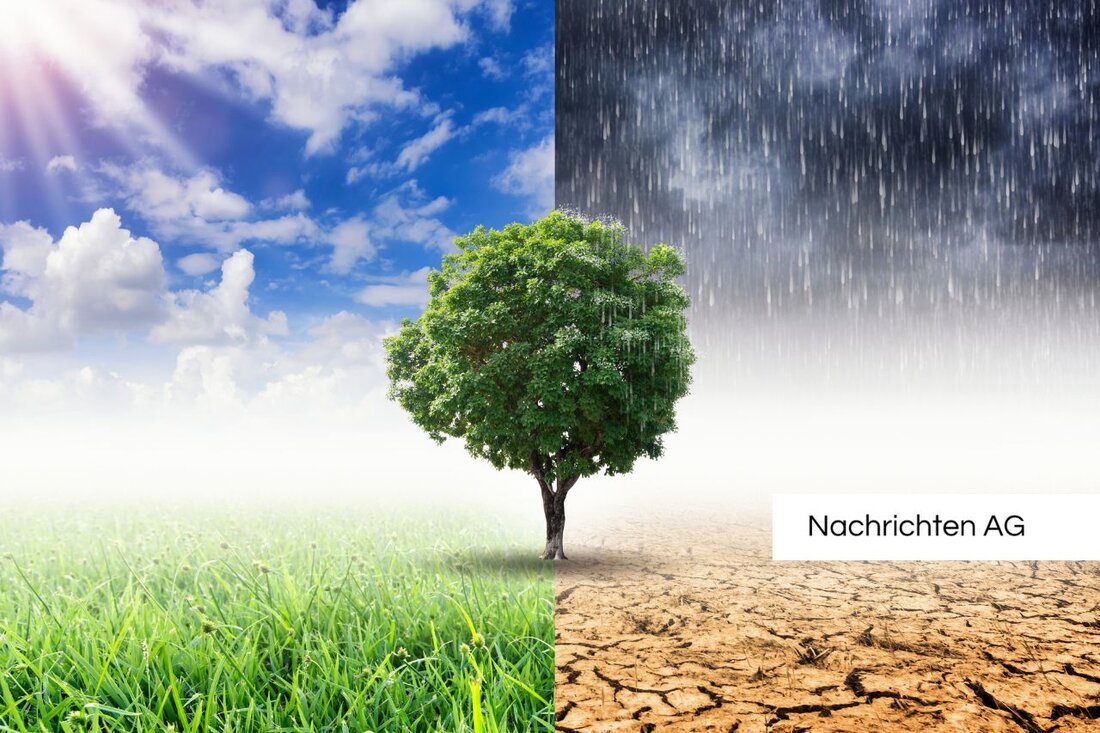Energy transition in focus: New project strengthens transparency and participation
Professor Hagenmeyer leads the “Poetics of Models” project at KIT to make energy transition models more transparent.

Energy transition in focus: New project strengthens transparency and participation
In a rapidly changing energy context, the Karlsruhe Institute of Technology (KIT) is calling for a new approach to the energy transition with its transdisciplinary research project “Poetics of Models”. Led by Professor Veit Hagenmeyer, the project aims to investigate the way scientific models for energy supply are developed and how they can be communicated in a more understandable way. The project is funded with one million euros over five years as part of a Reinhart Koselleck project from the German Research Foundation (DFG). This reports KIT.
The aim of the project is to strengthen transparency, participation and inclusion in the transformation of the German energy system. Many assumptions used in existing models are often not obvious, which can lead to uncritical adoption or blanket questioning of scientific results. The project therefore wants to uncover hidden mechanisms within modeling and try to make this process more transparent. To this end, Professor Armin Grunwald and Professor Daniel Lang from KIT's ITAS are working closely together to also take social dimensions of the energy transition into account.
Real-world laboratories as integral components
An important part of the project are real-world laboratories, such as the Energy Lab and the Karlsruhe Real-World Laboratory for Sustainable Climate Protection. These real-world laboratories make it possible to simulate future energy systems under real conditions. The project examines how these institutions can function as places of scientific and social negotiation. Hagenmeyer emphasizes that the energy transition brings with it not only technical but also narrative challenges. It is important to reduce reservations about the transformation and improve public discussion in order to develop viable energy concepts.
An additional real-world laboratory that makes a significant contribution to the energy transition is the project for the integration of large heat pumps, which is led by AGFW-Projekt GmbH. As part of this real-world laboratory, a showcase for the urban energy transition is being created, which is particularly focused on medium-sized and large cities in the regions of Baden-Württemberg, Bavaria and Berlin. The significant importance of heat supply in German energy consumption and CO2 emissions is also taken into account, according to an analysis by energieforschung.de.
Transformation and climate neutrality by 2045
Another important study comes from the Fraunhofer Institute for Solar Energy Systems, which analyzes various transformation paths to achieve climate neutrality in Germany by 2045. This study, which is based on the Bundestag resolution on the Climate Protection Act, takes into account various social and geopolitical scenarios and looks at the transformation of the energy system at the federal state level. The comprehensive analysis covers the energy, industry, buildings and transport sectors, while technical CO2 sinks are also integrated.
In order to successfully master the challenges of the energy transition, technological innovations as well as social acceptance and structural factors in the federal states are crucial. The REMod model, which is used in this study, plays a central role in representing the energy exchange within Germany for electricity and hydrogen and taking the various influencing factors into account. This makes it clear that the energy transition is not just a technical task, but is also a complex network of social, political and economic aspects, according to the conclusions of Fraunhofer ISE.

 Suche
Suche
 Mein Konto
Mein Konto